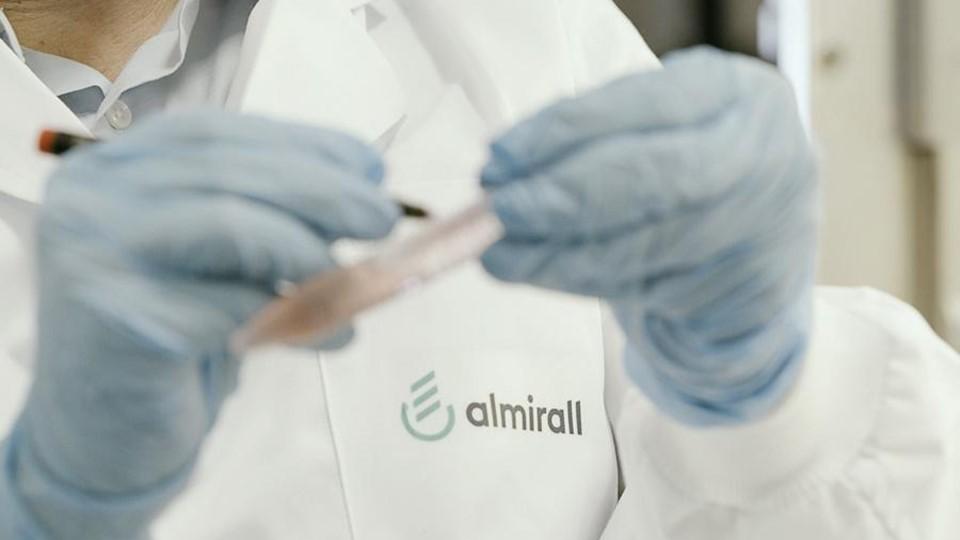CHMP backs Almirall’s eczema therapy lebrikizumab

Almirall is within sniffing distance of EU approval for its IL-13 inhibitor lebrikizumab for atopic dermatitis, setting up a challenge to Sanofi and Regeneron’s market-leading Dupixent.
The EMA’s human medicines committee recommended approval of the drug at its September meeting as a treatment for people aged 12 years and over with moderate-to-severe atopic dermatitis – also known as eczema – as long as they weigh at least 40 kg and are candidates for systemic therapy.
Almirall said the drug, now given the trade name Ebglyss, should be approved by the EMA within a couple of months and will be launched in its first EU market shortly thereafter.
The Spanish pharma has said that lebrikizumab is its most important product launch for several years, and the green light comes after a somewhat turbulent period in which it changed its chief executive and embarked on a concerted effort to expand its pipeline.
Evaluate Pharma has previously said that worldwide annual sales for lebrikizumab – rights to which are owned by Eli Lilly outside Europe – could peak at around $1.5 billion in 2028. Lilly filed for approval of lebrikizumab last November and is expecting approval and launch of the drug there before the end of this year.
Standing in the way of that ambition is Dupixent (dupilumab), Sanofi and Regeneron’s mighty IL-14 and IL-13 inhibitor, which dominates the atopic dermatitis market and has been predicted to make $7 billion from that indication alone at peak.
Dupixent is also approved to treat other inflammatory diseases including severe asthma, chronic rhinosinusitis with nasal polyps, and others, and made more than $8.8 billion in sales last year.
Results from the phase 3 clinical development programme showed good and durable efficacy with the IL-13 inhibitor, with 80% of patients who responded to treatment at week 16 maintaining skin clearance and itch relief through one year of treatment with monthly maintenance dosing.
That once-monthly dosing in the maintenance phase is a key point of difference for Almirall and Lilly, as Sanofi and Regeneron’s drug needs to be administered every other week. They also point to lebrikizumab’s safety profile, including low rates of conjunctivitis, which are a known side effect with Dupixent.
“The potential inclusion of this treatment in the range of options against atopic dermatitis means a significant stride towards enhancing the quality of life of individuals struggling with this challenging skin condition,” commented Professor Alan Irvine, a dermatologist in Children’s Health Ireland and St. James’s Hospital and Trinity College Dublin.













